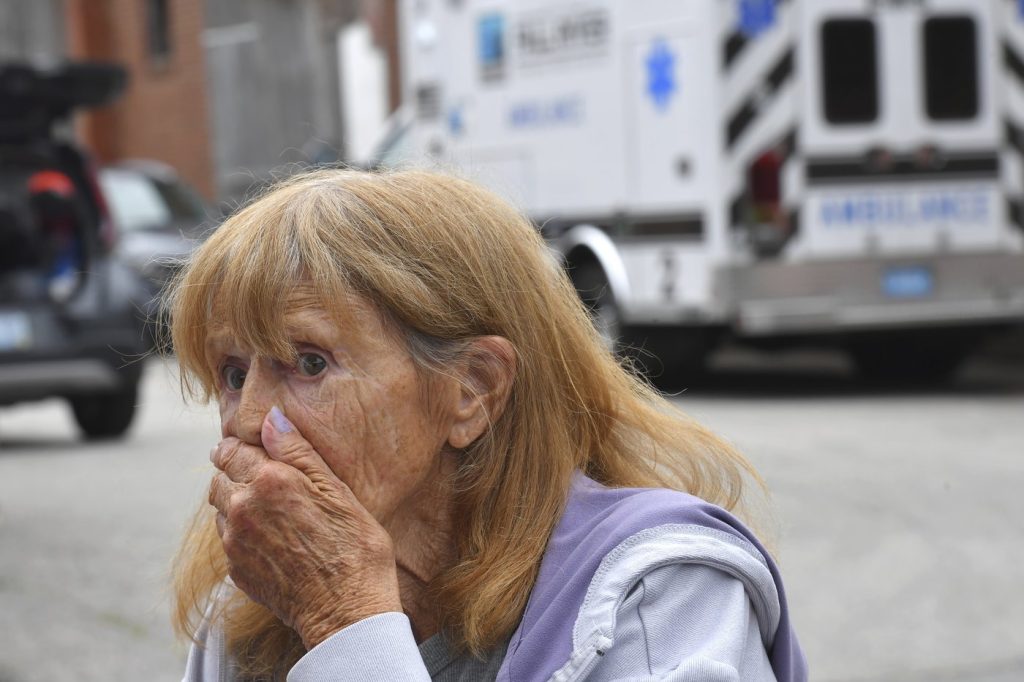The assisted-living facility known as Gabriel House, located in Fall River, Massachusetts, was the site of a tragic fire that resulted in the deaths of nine residents. The facility catered to a vulnerable population of aging residents who required assistance, including those dependent on wheelchairs and oxygen tanks, yet it was significantly lacking in safety measures and staff requirements typically found in nursing homes.
Gabriel House is part of a larger trend of assisted living centers that have seen a rise in establishment across the United States since the 1980s. Advocates for better senior care have highlighted alarming concerns about these facilities' regulations, noting a significant gap in federal oversight and inconsistent state standards. Richard Mollot, executive director of the Long Term Care Community Coalition, remarked that assisted living centers operate in an environment akin to the Wild West, where they can extensively regulate themselves and often do not prioritize the health and safety of residents.
The devastating fire that occurred on late Sunday evening amplified pre-existing concerns regarding the dilapidated conditions at Gabriel House and echoed a broader crisis regarding assisted-living centers in general. These facilities, marketed as a more suitable option for older adults needing some level of assistance, have expanded rapidly without corresponding regulation as their resident populations become increasingly frail.
In contrast to nursing homes, which must comply with federal regulations related to staffing levels and trained medical personnel due to their eligibility for Medicare and Medicaid, assisted-living facilities are not subject to the same stringent oversight. Liane Zeitz, an attorney and member of the Massachusetts Assisted Living Residences Commission, expressed her concerns about the minimal regulations that exist, stating that oversight has not kept pace with the changing needs of an aging population.
Various advocates and former officials, such as Paul Lanzikos, have underscored the patchwork nature of regulations throughout the country. Different states apply varying criteria to assisted living facilities, with some viewing them as health care entities while others, including Massachusetts, categorize them strictly as residential housing. U.S. Senator Elizabeth Warren, representing Massachusetts, has been vocal in calling for enhanced oversight of these facilities, particularly in light of numerous health and safety issues that have emerged since reports began surfacing in 2018.
According to Mollot, the lack of federal and state regulations for assisted living centers means they are not required to maintain staffing levels, provide staff training, implement safety protocols, or undergo regular inspections. He emphasized that such gaps in regulation are exacerbated by the increasing number of vulnerable residents in these facilities and the potential for financial exploitation by owners and investors. The fire at Gabriel House has drawn attention not only to the specific facility’s issues but also to the broader significance of ensuring safety and care in assisted living across the nation.
The tragic incident has acted as a critical reminder of the urgent need for reform and oversight in the assisted-living sector, posing significant challenges for many states attempting to provide adequate protections for their aging populations. Without consistent regulations and enforcement mechanisms, the safety of residents remains a pressing concern as the number of assisted living centers continues to grow.











